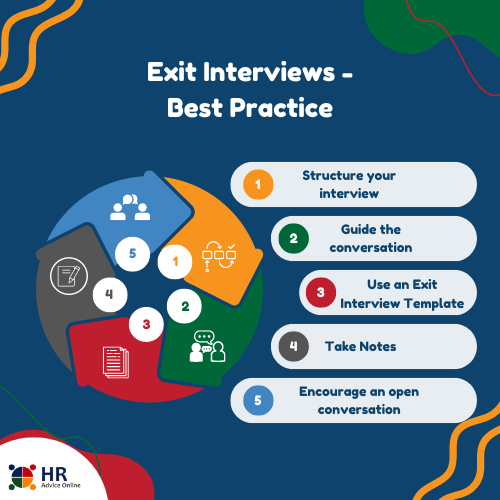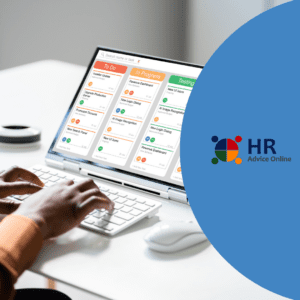Exit Interviews
Every story has an ending, and unfortunately your business and your employee will (at some stage) come to part ways.
Do not be discouraged, use these experiences as an opportunity to understand how your business can create a better experience for your current or future employees.
To uncover potential areas of improvement, schedule exit interviews with your employees before their last working day with your business. Departing employees have often reflected on their time with the business and tend to be more forthcoming about what they liked and where your business could have done more to meet their expectations. Collecting and acting on this feedback can support continuous improvement activities and help you build a stronger organisation.
What is an Exit Interview?
An exit interview is a conversation between the employer and the employee. This is usually conducted by a manager, or Human Resources representative. This is an opportunity to discuss the employee job satisfaction including what they enjoyed whilst working at your company, but also why the employee decided to leave and what suggestion or changes may enhance the employee experience.
An exit interview may follow the completion of an exit survey, which asks employees to respond to a series of questions to collect quantitative data about their time with your business. The exit survey is a type of employee survey that allows your team to collect quantifiable data from exiting employees, while the exit interview is an opportunity to learn more about their answers and gain more insight into their experience and the decision to leave. While these conversations are most valuable when held in person, you may also conduct them virtually or via an exit interview form, especially for remote employees.
Why do companies use exit interviews?
Employers conduct exit interview to hear the opinions of the departing employees.
Exit interviews can help your business to:
- Identify areas of improvement
- Take swift action to address negative feedback and decrease employee turnover
- Collect data to understand attrition patterns within teams, departments, demographics, etc.
- Learn what your competitors are doing right to win over talent
- Turn departing employees into advocates for your business
- Reassess your recruitment process to ensure you are attracting the right people for your business
Want to learn more about conducting exit interview and improving your employee offboarding experience?

Collecting and acting on this feedback provided from exit interviews can support continuous improvement activities and help you build a stronger organisation.
To take your business to the next level, exit interviews are a great place to start.





